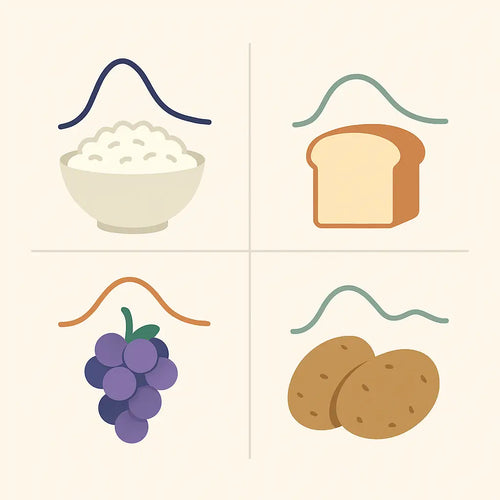The study reviewed here is interesting because the researchers evaluated separately the effects of either weight loss or diets varying in protein contents and glycemic index without further changes in body weight on cardiovascular risk factors (Gogebakan O. et al, 2011). The study participants were 932 overweight adults. They first lost weight and were then randomly put on either a high or low protein diet or a diet high or low in glycemic index or a control diet.
Weight loss reduced highly sensitive C-reactive protein (hs-CRP) an inflammatory marker, low and high density lipoprotein cholesterol (LDL,HDL), triglycerides and blood pressure. During the 26 weeks maintenance period the hs-CRP was reduced more in the participants eating the low glycemic index diet compared to the ones eating a high glycemic index diet. The participants eating a low protein diet also reduced hs-CRP more than the ones eating a high protein diet.
The conclusion was that low glycemic index carbohydrates and to a lesser extent a low protein intake may specifically reduce low grade inflammation which is a risk factor for cardiovascular disease and other chronic conditions.
The Learn to Eat plan provides a very effective program for weight loss and has clinically shown to significantly reduce risk factors for cardiovascular disease and other conditions.









